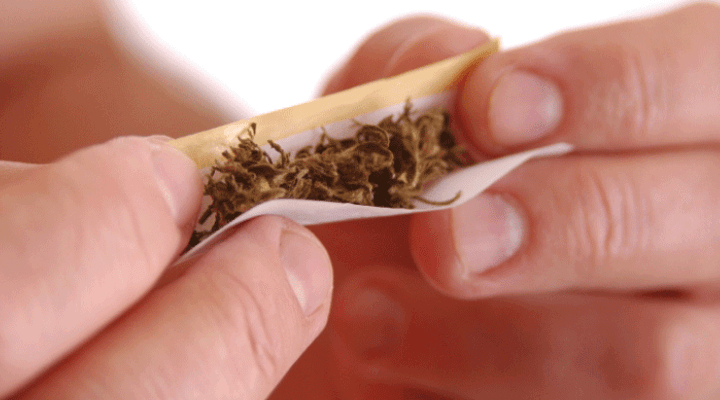When your security clearance application asks about any illegal drug use in the past 7 years, that includes marijuana use which took place in states like Colorado, Washington, or California, where it was obtained and consumed legally based on state law.
While financial issues continue to far outpace any other issues for security clearance denial, last year drug use denials increased. In 2016, 102 individuals were denied a security clearance due to drug use. In 2017, that number increased to 170 cases. It’s still a small number, but the increase is likely indicative of the increasing number of individuals using recreational marijuana, many of whom may assume the federal government takes the same opinion as the state they live in.
Knowing that a denial is a possibility, you may be tempted to lie about that prior drug use – don’t. If you did partake, don’t be afraid to list prior drug use on your SF-86. Clearance applicants are much more likely to be denied a clearance for lying about drug use than for listing it. If you list your prior drug use and show mitigating factors (passage of time, removing yourself from social circles with drug users), you have a decent chance of being able to obtain a security clearance. If you lie about your prior drug use you’ll have two strikes against you – falsification of a security clearance application, and drug use.
If you already have a clearance and live in a state with legal drug use, you need to be vigilant to stay away from the drug, and drug users. Current clearance holders caught using drugs have a hard time mitigating that slip in judgment.
Despite all of the changes in law and public opinion, for security clearance holders or applicants, it’s best to remember that 1980’s advice – just say no.




